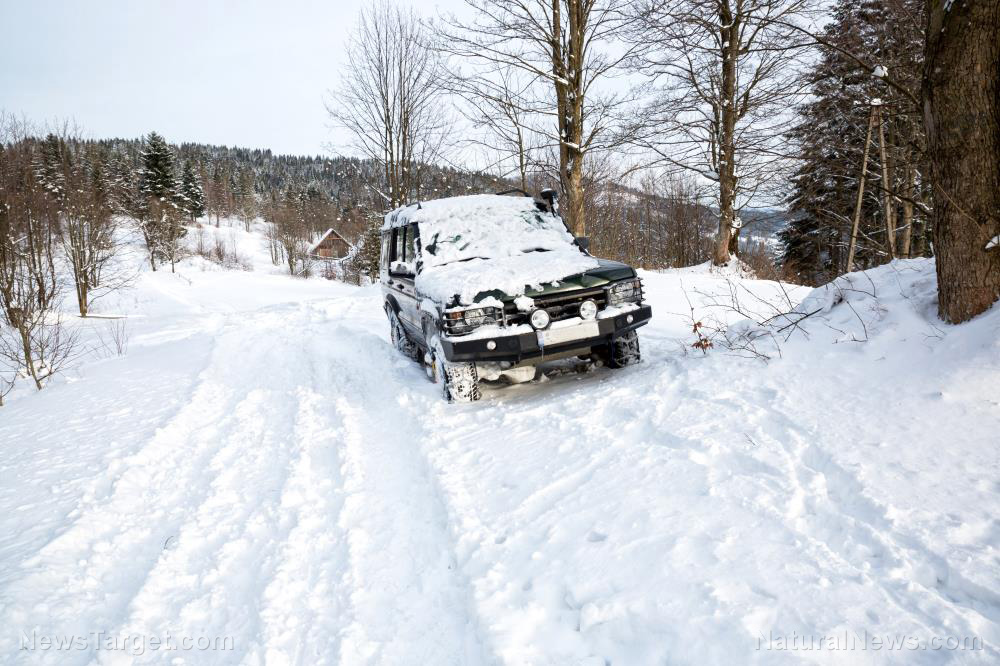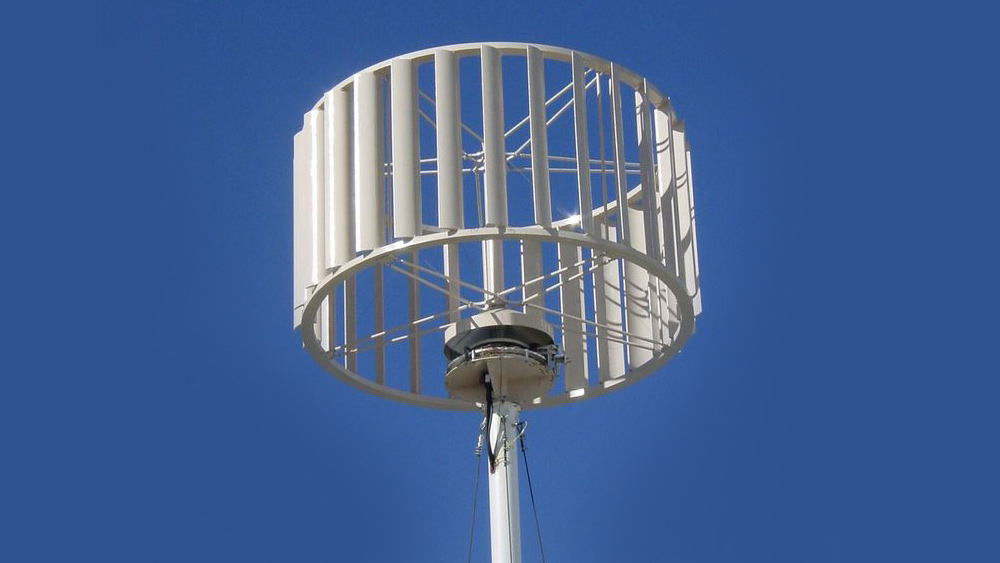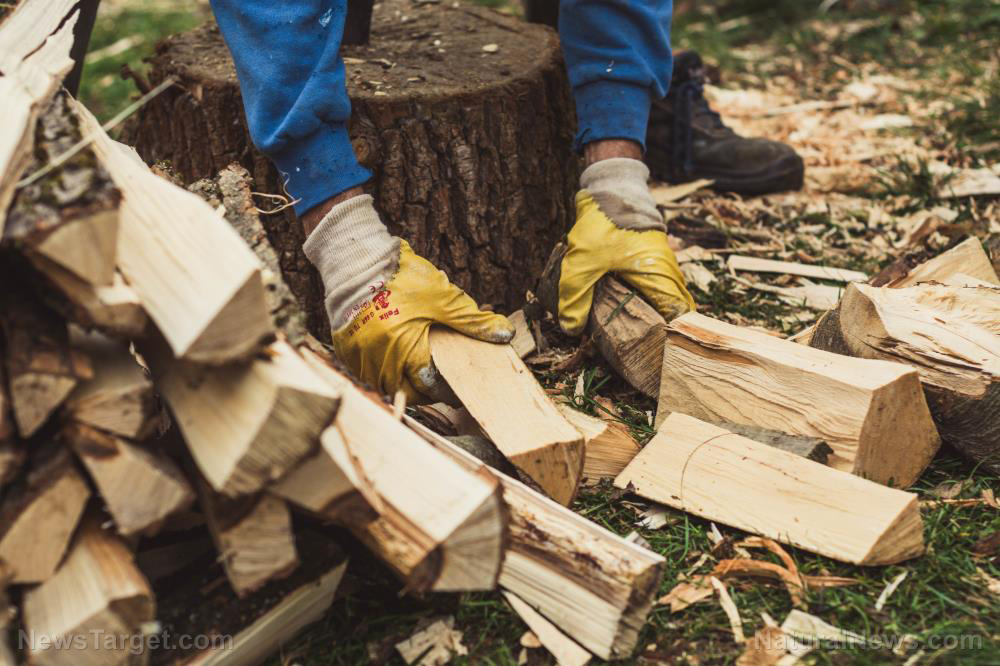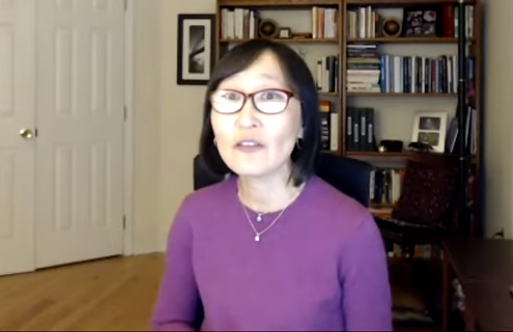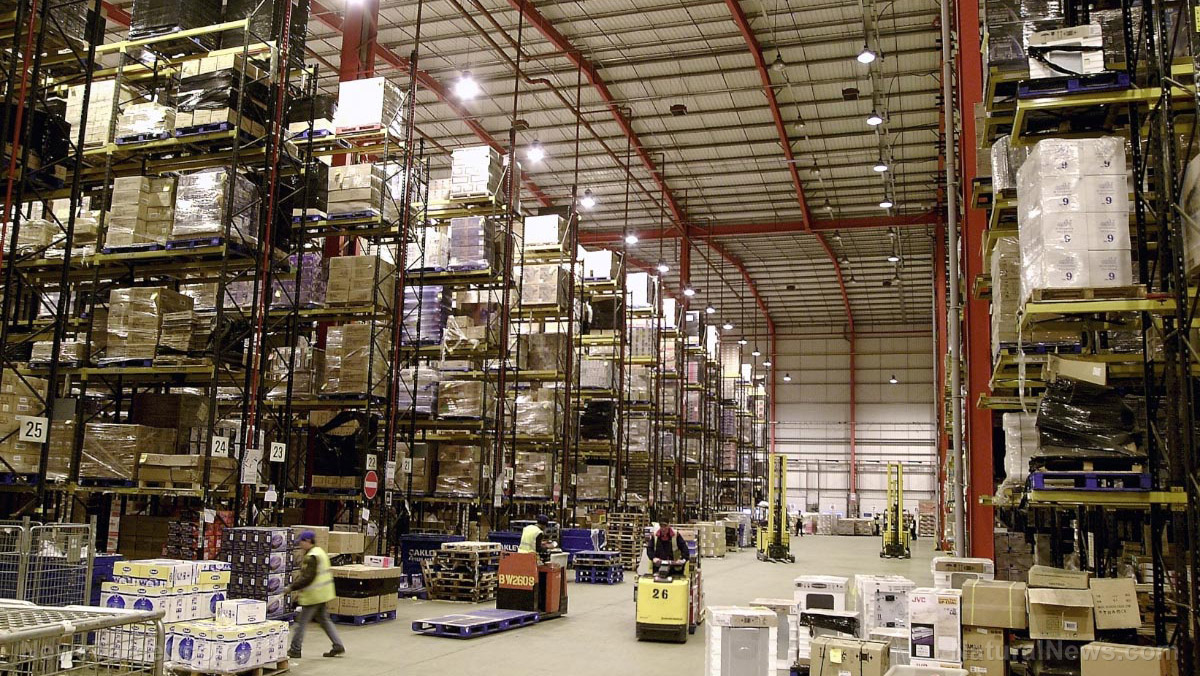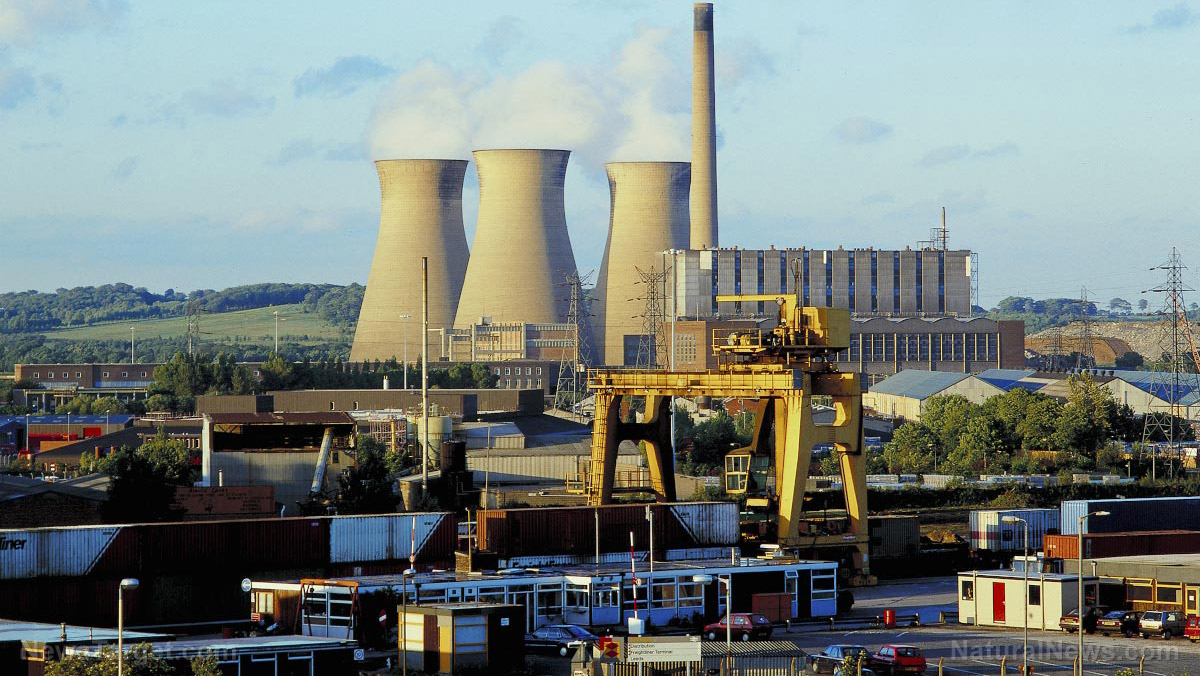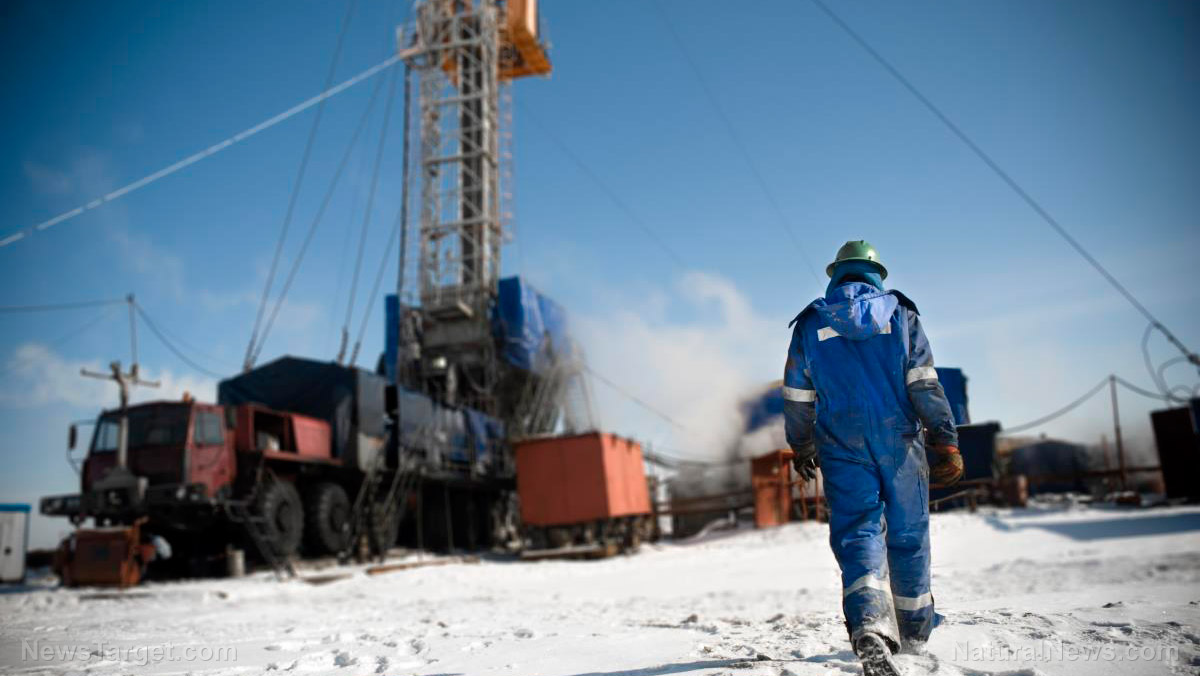Solar panels from China are made in slave labor camps, but Democrats see no problem with that because human rights abuses reflect their own left-wing values
05/03/2021 / By Ethan Huff

Leftists love to pretend that they care about human rights until one of their own pet projects – take Chinese-made solar panels, for instance – is threatened by a lack of slave labor in order to produce it.
Nearly half of all solar panels currently in the United Kingdom, as one example, are made in Chinese slave labor camps in Xinjiang. This is the same region of China where untold millions of political prisoners are having their organs harvested by the Chinese Communist Party (CCP).
These “forced labor camps” are where some of the U.K.’s largest “renewable energy” developers are building their solar panels before shipping them back to Great Britain for installation on businesses and people’s homes.
An investigation by The Guardian found that up to 40 percent of the U.K.’s solar farms were built using panels made by China’s largest solar panel companies, including Jinko Solar, JA Solar, and Trina Solar.
These firms were named in a recent report on the internment of more than one million Muslim Uyghurs, both men and women, who are being forced at gunpoint to produce solar panels. These same slaves are also being forced to make disposable face masks for Americans.
Members of Parliament (MPs) in the U.K. have declared these slave labor camps to be a form of genocide, though their country is still importing the fruits of these slaves’ labor in the form of cheap Chinese solar panels that provide “green” energy to Brits.
There is nothing “clean” or “green” about solar panels made in Chinese slave labor camps
It turns out that solar panels everywhere, including many here in the United States, are also products of Chinese slave labor. Companies with factories or major suppliers in Xinjiang produce about one-third of the polysilicon material that is used to make the world’s solar panels.
China is currently the world leader in polysilicon production, a recent report from the Horizon Advisory group found. This same report revealed that Chinese solar companies have ties to forced labor camps in Xinjiang, suggesting that beaten and abused Uyghurs are making “clean” energy for the rest of the world.
China’s repression of the Uyghurs is believed to have developed into systematic detention around the year 2016. Ever since then, reports have trickled out to suggest that many cheap Chinese products purchased throughout the West are made there by Uyghur slaves.
An industry source speaking on the condition of anonymity told The Guardian that the solar panel industry is scrambling to come up with ways to distance itself from the slave labor camps, even though many of its products are made there.
As many as four in 10 of the U.K.’s existing solar farms were manufactured by Uyghur slaves, it is now believed, which means all that “clean, green” energy still came at a great cost – in this case to human freedom.
While many of these solar farms were admittedly built prior to 2016 when it was not widely known that slave labor was manufacturing their components, some of the more recently built ones still used products that were made in these camps.
“Many manufacturers in China’s solar industry operate factories in countries across Asia but may still use the raw polysilicon materials produced in Xinjiang, making it difficult to determine whether a particular production line has been exposed to alleged labour exploitation,” reports indicate.
“China limits access for outside observers and media to Xinjiang.”
To learn more about how greenwashing efforts are routinely used to try to cover up for human rights abuses throughout the “green” energy supply chain, be sure to check out Power.news.
Sources for this article include:
Tagged Under: CCP, China, Chinese Communist Party, communist China, democrats, evil, green energy, human rights, left cult, polysilicon, slave labor, solar farms, solar panels, solar power, twisted, uyghurs, Xinjiang
RECENT NEWS & ARTICLES
NewEnergyReport.com is a fact-based public education website published by New Energy Report Features, LLC.
All content copyright © 2018 by New Energy Report Features, LLC.
Contact Us with Tips or Corrections
All trademarks, registered trademarks and servicemarks mentioned on this site are the property of their respective owners.








